After a prolonged period of relative calm, Chinese politics is entering a phase of heightened tension, marked by growing divisions over political, economic, and social policies. Despite President Xi Jinping’s firm control of the Chinese Communist Party (CCP), which he has led for more than 12 years, discord between mainstream factions loyal to Xi and sidelined nonmainstream factions is becoming increasingly evident.
The renewed conflict comes at a time when China is grappling with significant economic challenges and rising public dissatisfaction. This behind-the-scenes struggle took a notable turn as the new year began, with the Qiushi Journal, the CCP’s theoretical publication, reissuing a two-year-old speech by Xi Jinping. The speech, originally delivered in February 2023, emphasized themes such as “Chinese modernization,” “building a strong country,” and “common prosperity.”
Observers noted that the republication of an old address, rather than presenting new strategies to address pressing issues, signals the administration’s intention to maintain its existing policies. This move has drawn criticism from both outside the party and within its nonmainstream factions, which include party veterans advocating for reform and a return to collective leadership.
These sidelined factions, largely quiet over the past decade, are now calling for substantive reforms. They argue for policies that preserve political and economic stability, ensure sustained growth, and uphold China’s tradition of collective governance. In contrast, mainstream factions, which dominate key positions in Xi’s administration, remain committed to the president’s policy agenda and resist significant changes.
The internal discord extends to the military. The PLA Daily, the official publication of the People’s Liberation Army (PLA), recently published a series of commentaries promoting collective leadership and intraparty democracy. These were interpreted as indirect criticisms of Xi’s concentration of power. Around the same time, General Miao Hua, a prominent military official and Xi ally, was suspended for alleged disciplinary violations, marking a rare and visible power struggle within the PLA.
Further complicating the situation, a recent article in Renmin Luntan (People’s Forum), likened reform to a traditional flatbread, cautioning against prematurely abandoning longstanding policies like “reform and opening-up.” The piece sparked backlash from mainstream factions and was quickly deleted, underscoring the contentious atmosphere surrounding China’s policy direction.
Meanwhile, Xi and his allies have doubled down on anti-corruption efforts as a means to consolidate control. At a recent meeting of the Central Commission for Discipline Inspection, Xi reiterated the importance of maintaining discipline and eradicating corruption, signaling his administration’s resolve to counter internal dissent.
The coming years are poised to be pivotal for Xi and the CCP. With less than three years until the party’s next national congress in 2027, where critical personnel decisions and policy directions will be determined, the internal factional struggle is likely to intensify. How this battle unfolds could shape the future trajectory of China’s political and economic landscape.

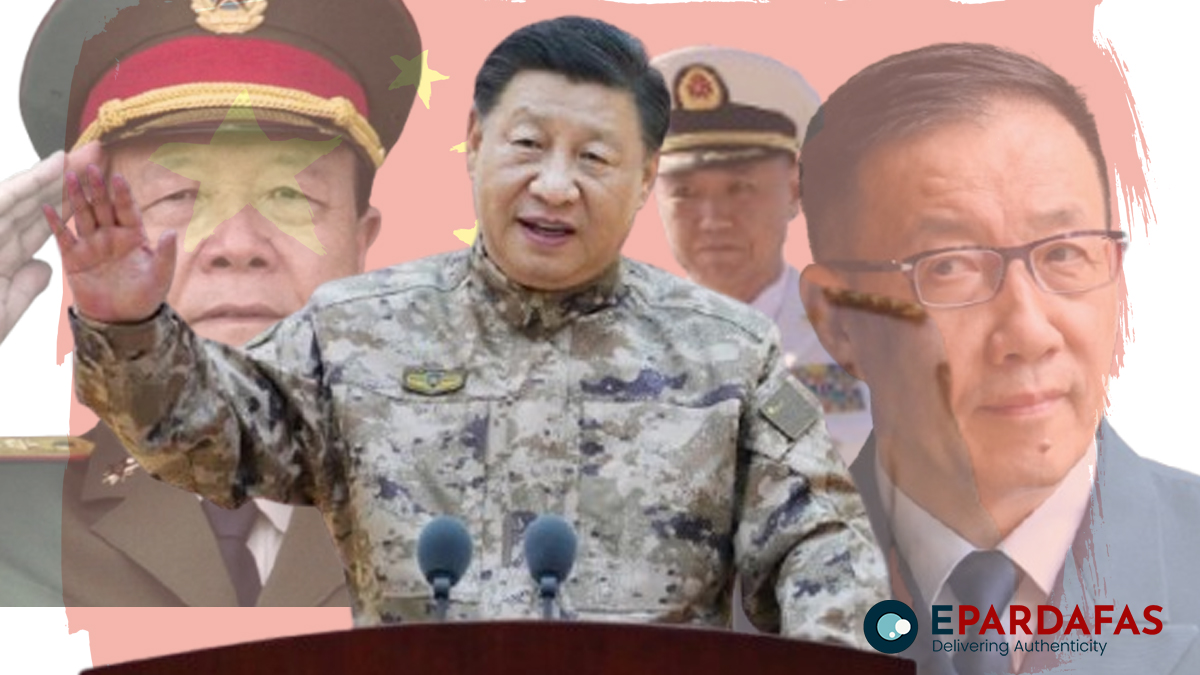
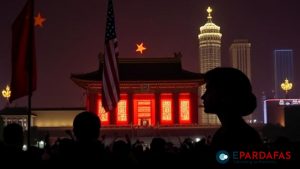

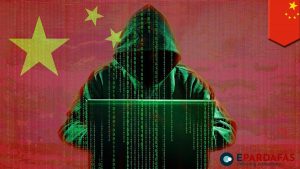
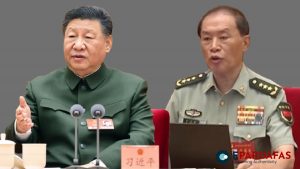
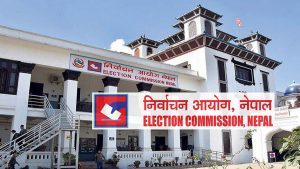
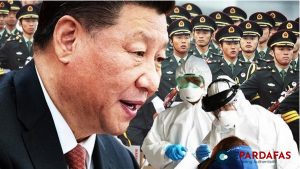
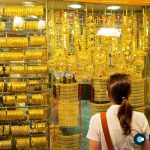




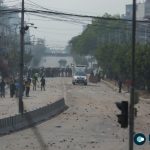
Comments